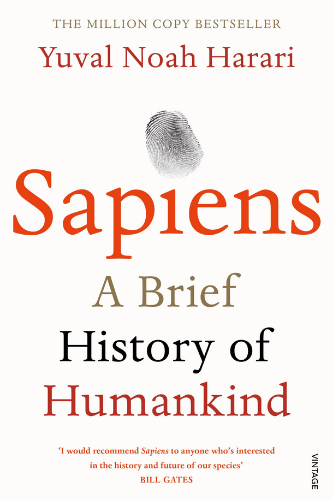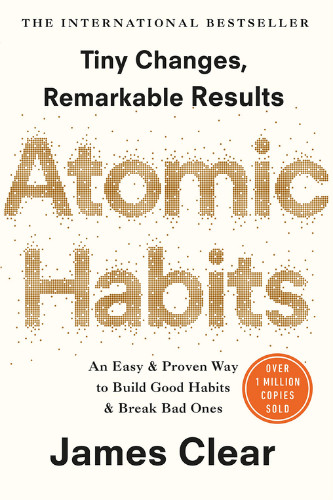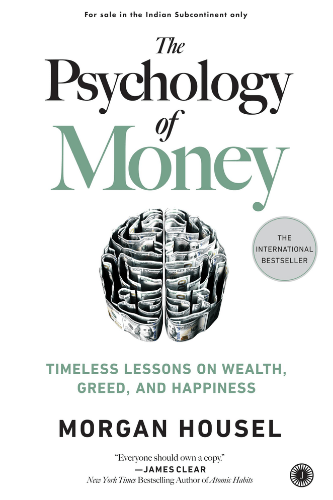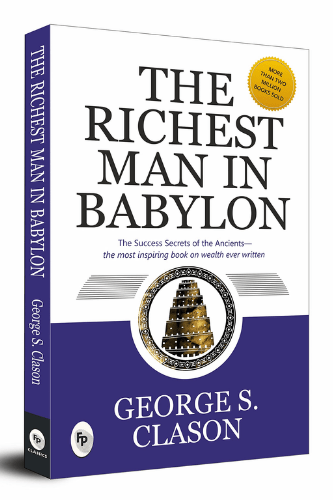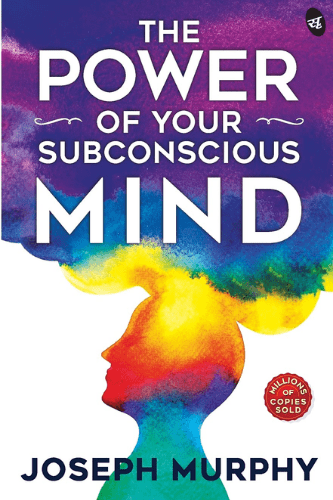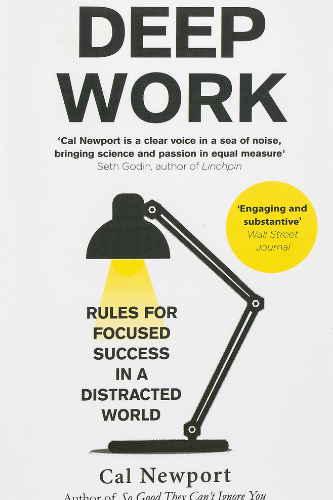The Sapiens: A Brief History of Mankind PDF Download with direct download link full book pdf
About – Sapiens: A Brief History of Humankind
This book covers topics such as the migration of humans from Africa to other parts of the world, the devastation of natural flora and fauna in those locations, the origins of cognitive thinking, agriculture, religion, money, stock markets, colonization, the Industrial Revolution, and capitalism, among others. Everything is beautifully stated. You will feel as if you are witnessing a movie about our past while reading it. The author simply wrote this book so that anyone can easily become interested, and the method of explanation keeps the reader engaged.
| Book | Sapiens: A Brief History of Humankind |
| Author | Yuval Noah Harari |
| Pages | 512 |
| Category | Self Help |
| Language | English |
Summary of the book | Sapiens PDF Download
The secret to success is to recognize that we don’t know everything and to pursue scientific research relentlessly.
For example, in 1775, India and China together accounted for 66% of global GDP. In comparison to these gigantic kingdoms, the British, French, and Spanish were mere specks. So, where did it all go wrong?
The key distinction is that these imperial nations rewarded exploration with a powerful commercial engine. When explorers returned with tales of new territories and resources, merchants supported more exploratory trips to conquer and exploit these new lands and resources. If these investments are jeopardized, the military will intervene to protect and destroy them.
The Europeans discovered countless new regions (Americas, Australia, etc.) and finished the globe map thanks to this capitalist engine.
The newly discovered colonies in North and South America were populated by naive and technologically illiterate Incas and Aztecs, making European colonization a breeze. But they didn’t stop to pat their backs. They pushed themselves to learn more about the world and discover new colonies.
The imperial powers received more and more resources as a result of their thirst for knowledge and exploration. As a result, capitalism and science have joined forces.
The tables have turned in less than a century. The imperial powers had made significant advances in their quest for the unknown, and by the time the Asian invasion arrived, there was a significant technological gap that could not be closed by the conquerors.
Over time, this persistent habit propelled Europe’s industrial revolution and gave rise to the modern world.
This tendency can still be seen in action. Even today, the world’s superpowers reward explorers, whether in space exploration, computer science, or biotechnology. Regardless of recession or conflict, the US continues to invest billions in research and space exploration. Even today’s successful businesses are those that have continually taken risks (Google, Amazon).
Nations and companies who have become complacent and concluded that there is little to know/explore outside their sphere of influence have eventually lost their power.
After reading the book
You will experience an existential crisis after reading Sapiens, but you will also have a newfound appreciation for your brief time on this earth. Yes, after reading about countless generations of humans living and dying, either or all of these things may happen. You’ll learn to distinguish between what’s real and what’s not, because humans have constructed a completely distinct world based solely on their imagination. Religions, capitalism, human rights, etc. all of these things are simple imaginations and it is proof of our fickle nature how we may go from one ‘imagination’ to another. But it is this power of human beings to conceive which divides us from other creatures.
As a result, Sapiens urges us to reconsider what we consider to be natural conceptions. You will also learn how the world came to be in the state it is in now, as well as what the future holds.
The book’s best chapter, though, is on happiness. We keep looking for and reading about happiness, but Yuval Noah Harari has already done the legwork for us by researching and distilling a lot of information into a single chapter. You will never go on a wild goose chase in quest of pleasure after reading it. It won’t tell you where to look for it, but it will tell you where you shouldn’t look.
Positives–
Based on our limited information, we construct our own beliefs about the world and humanity. Consider reading hundreds of books on human history; your perspective will undoubtedly shift, and it will be significantly superior. That is exactly what this book is. Yuval Noah Harari has most likely read far more about human history than you have, and this book provides his summary and judgment on the subject. Knowing his viewpoints and the reasons for them can help you form your own beliefs and see the world in new ways.
The book is entertaining, especially if you have even a passing interest in history. So, if non-fiction scares you, don’t worry: it’s not boring.
The author eventually wants to focus on human pleasure, which is something that is rarely discussed in history books. In a chapter at the end, he summarises his understanding of the subject. Because most of us are after happiness in some form or another, reading the book will undoubtedly alter your perspective on happiness.
Negatives–
The book’s only flaw is that the author writes both historical facts and his opinions on history without distinction and with similar assurance. As a result, you can misinterpret his statement as fact. For example, he describes how the agricultural revolution impacted people’s life, such as how work became repetitive, food got less varied, and so on. This is a fact. Then he says that the agricultural revolution was a horrible thing that happened to humanity, but that is just his opinion; you don’t have to accept it as reality.

